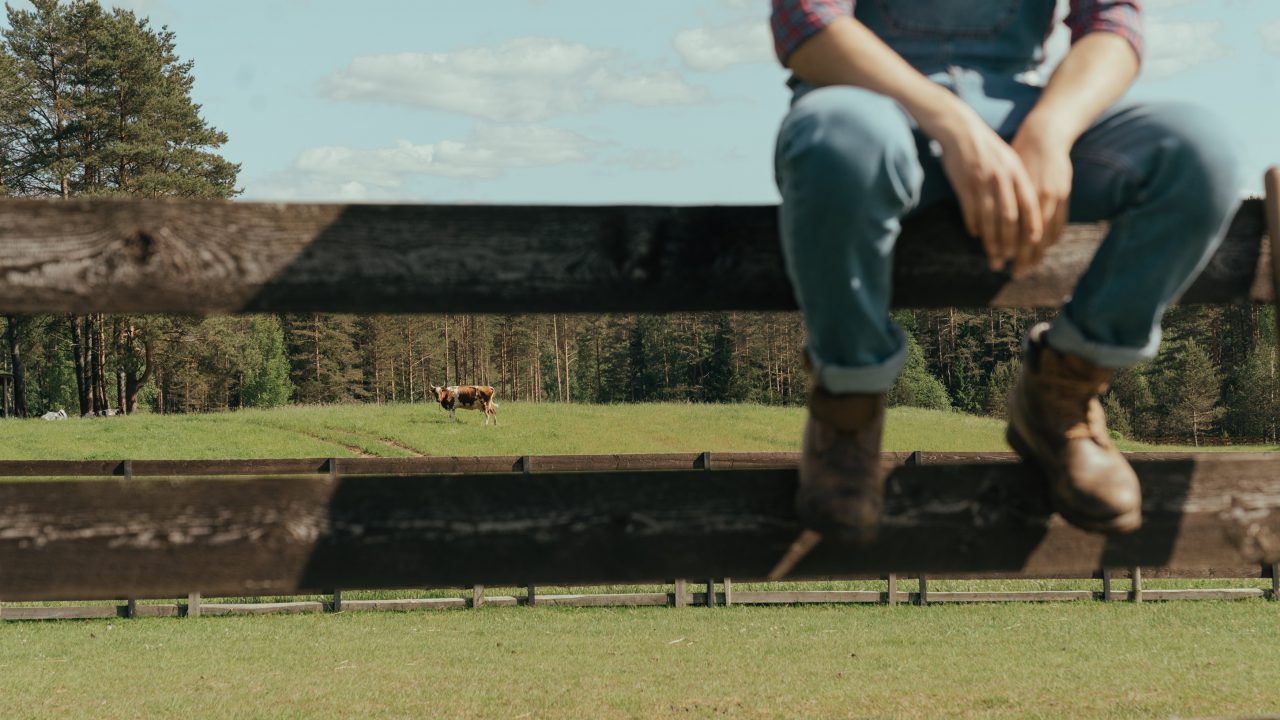The European Council of Young Farmers (CEJA) has published a manifesto outlining its demands for EU agriculture, ahead of the European Parliament elections in June.
The document outlines 10 “critical points” that, according to CEJA, require the “unwavering consideration” of prospective MEPs.
CEJA – of which Macra is a member – said that young farmers are “looking to the future new members of the European Parliament with great expectations”.
“We will closely monitor their actions and advocate for policies that support the interests of young farmers [and] ensure sustainable prospects for a generation full of ideas, projects, goodwill and vocation.”
The group said it “stands ready to contribute to discussions surrounding the future of agriculture in Europe”.
CEJA will host a two-day working group beginning on March 25, to which it has invited all European Parliament candidates for a discussion with its 33 national member associations.
The 10 points outlined in CEJA’s manifesto are:
- Access to investment;
- Climate change and water;
- Access to land;
- Future of the Common Agricultural Policy;
- Innovation, education, knowledge and skills;
- Governance and legal certainty;
- Income and position in the value chain;
- Rural areas and livelihood;
- Youth involvement and funding;
- A better consideration of the diversity of farming systems.
On investment, CEJA said that young farmers are more likely to see their loan applications rejected by the bank in comparison to farmers over the age of 40, which it says is due a perceived higher-risk profile of young farmers.
The group is calling for “simple and bureaucracy-free financial instruments” for young farmers.
The manifesto also says that access to land is the “primary obstacle” to the installation and development of farming activities, and a “central barrier” to generational renewal in EU agriculture.
CEJA is calling for actions to address high land prices and “harsh” competition with non-farming actors.
On CAP, the young farmer group is calling for a focus on “instruments tailored to the specific needs of young farmers”.
“Such an approach implies allocating a larger budget for young farmers’ instruments, giving due consideration to promising initiatives that can promote intergenerational co-operation, and being open to questioning the overall structure of the policy,” CEJA said.
Where farmers incomes are concerned, the group has called for below-cost selling to be “further investigated and banned”, and for prices to be “built in a forward-looking way from the farm to the consumers, based on agricultural production costs”.
CEJA is also calling for advisory services specifically tailored to young farmers; addressing lack of connectivity, low-income levels, and declining access to public services in rural areas; dialogue with young farmers in policymaking; and transforming “biased” perceptions of the agricultural sector and “enhancing society’s understanding of its multifaceted nature”.
